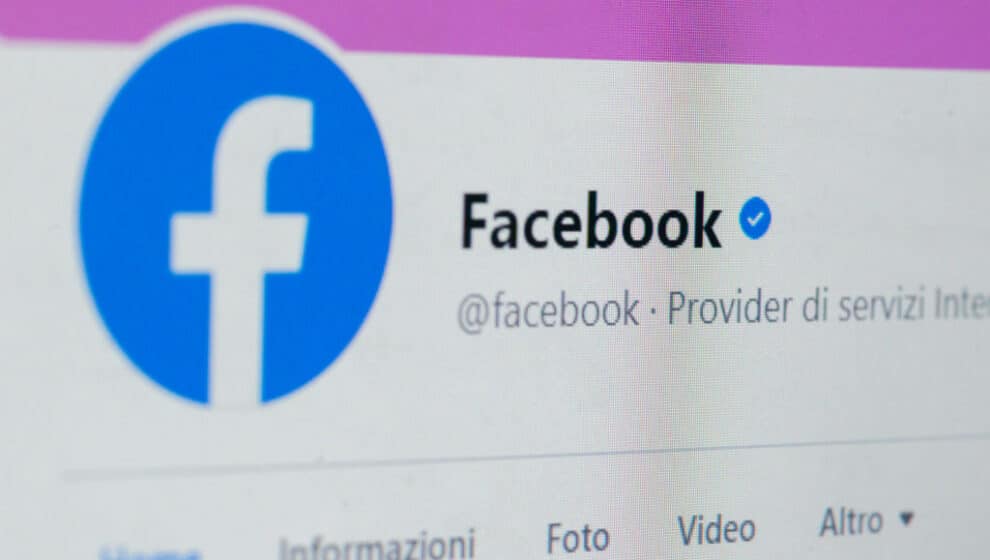Meta is launching a verification subscription service for Facebook and Instagram, but experts say paying for the blue check devalues it as you can’t buy respect.
Key Details
- Facebook’s parent company Meta Platforms is launching a paid-subscription service for $11.99 monthly for social-media accounts using a web browser or $14.99 monthly for accounts on an iPhone or Android.
- Meta’s chief executive Mark Zuckerberg says the feature has been created to increase authenticity and security across the platforms, but leadership expert Angelica Malin thinks it will likely do the opposite.
- Offering a blue checkmark to anyone who pays for it devalues the exclusiveness of it as well as makes users weary of listening to those with checkmarks as they will have to wonder if they have the credentials to be verified or if they just paid for it.
- Many leadership experts say after the subscription takes effect it will completely devalue the verified check mark and make it nearly useless.
Why it’s news
Facebook and Instagram’s parent company Meta Platforms recently announced that it is slowly rolling out a verification subscription service for its social-media platforms.
The subscription will cost $11.99 monthly for social-media accounts using a web browser or $14.99 monthly for accounts on an iPhone or Android and will give anywho is willing to pay the monthly subscription a blue verified checkmark on their account as well as access to premium customer service.
Meta CEO Mark Zuckerberg says the feature has been created to increase authenticity and security across the platforms, but many experts say it will likely do the opposite.
Less than 4% of current Instagram accounts are verified because they must go through Instagram’s specific requirements and request verification from the website.
Considering so few people on the platform receive the checkmark, it makes the accounts that do stand out and become more respectable, but if anyone can pay to receive one, it devalues the exclusiveness, according to leadership experts.
“Paying for verification defeats the whole point of earning it,” says entrepreneur and leadership coach Angelica Malin. “Verification should be based on value—and you can’t buy your value, it’s something you have to build up through hard work, proven results, and genuine expertise.”
Meta’s chief executive Mark Zuckerberg says the check is to build trust among users.
Right now, doctors and life coaches with verification have to get approved and go through a process to receive their checkmark, which makes them feel more trustworthy, but now anyone can say they are a doctor online and pay for the verification, which makes them look legit, but they are not which will cause problems down the road.
“If we live in a world where anyone can buy their way into authority, it creates an essential distrust in ‘expertise,’” Malin says, adding that “we’ll live in a world where anyone—no matter their experience, qualifications, training—can claim to be the best, only backed up through that blue tick.”
The same happened for Twitter when it recently launched its subscription-based verification system.
Elon Musk added an $8 monthly fee for Twitter users who wanted to receive the verified blue checkmark but received extreme backlash after numerous accounts were impersonating verified people and causing confusion.
The idea of subscription verification is good in theory, but it will be hard to work out without any problems.
